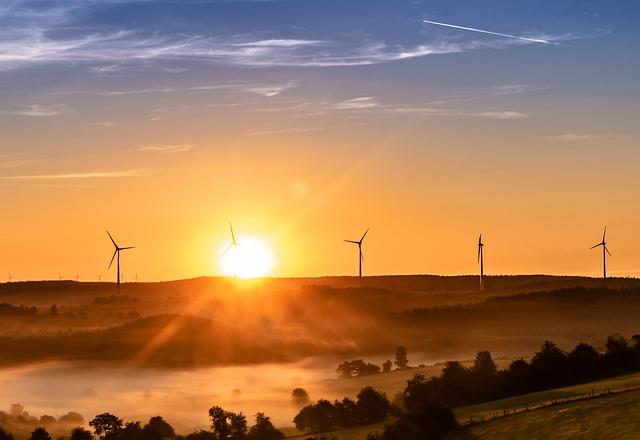The Politics of Renewable Energy in Pakistan
Pakistan is at a critical juncture in its energy landscape, as the need for sustainable practices becomes increasingly paramount. Understanding the politics surrounding renewable energy in Pakistan is essential for grasping its potential to transform the country’s economy and environmental strength.
The Current Energy Landscape in Pakistan
Pakistan relies heavily on fossil fuels, which makes up a significant portion of its energy mix. With energy crises becoming endemic, the government has started to prioritize renewable energy sources like wind, solar, and hydroelectric power. However, the transition faces several political challenges.
The Political Dynamics of Renewable Energy
The politics of renewable energy in Pakistan is influenced by several factors:
- Government Policies: Decisive policy frameworks are necessary for facilitating renewable energy projects.
- International Influence: Global environmental agreements compel Pakistan to adopt cleaner energy sources.
- Corporate Interests: Significant investments from private sectors impact the speed of implementation.
- Public Awareness: Understanding of renewable energy’s benefits among citizens influences policy decisions.
Benefits of Renewable Energy in Pakistan
Transitioning to renewable energy sources presents several benefits for Pakistan:
- Energy Security: Reduces reliance on imported fuels and enhances national energy security.
- Job Creation: The renewable sector has the potential to create thousands of jobs, promoting economic development.
- Environmental Benefits: Reduces greenhouse gas emissions and mitigates climate change impacts.
- Rural Development: Renewable energy projects can promote electrification in remote areas, supporting local economies.
Case Studies of Renewable Energy Initiatives in Pakistan
Several initiatives illustrate the potential of renewable energy in Pakistan:
| Project Name | Type | Location | Impact |
|---|---|---|---|
| Quaid-e-Azam Solar Park | Solar | Punjab | Produce 1,000 MW, create local jobs |
| Gharo Wind Power Project | Wind | Sindh | Generate 50 MW, reduce emissions |
| Khanpur Hydropower Project | Hydro | Khanpur | Produce 99 MW, support irrigation |
Challenges Facing Renewable Energy Politics
Despite its benefits, several challenges obstruct the path toward a renewable energy future in Pakistan:
- Corruption: Mismanagement and corruption can derail projects and waste funds.
- Political Instability: Frequent changes in government policies create uncertainty for investors.
- Lack of Infrastructure: Insufficient infrastructure hampers the adoption of renewable technologies.
- Public Resistance: Misinformation and lack of awareness create resistance to change.
First-Hand Experience: Voices from the Field
Local communities engaged in renewable projects highlight the positive changes brought by these initiatives:
“The solar project in our village has not only provided electricity but has also opened new doors for education and healthcare.” – Local resident
“Wind farms provide jobs for our community and help combat climate change.” – Community leader
Conclusion
The politics of renewable energy in Pakistan is a complex interplay of opportunities and challenges. By fostering a supportive political environment and addressing the concerns of stakeholders, Pakistan can harness its renewable energy potential to create a sustainable and prosperous future. With continued investment, public awareness, and effective policy implementation, the dream of a greener Pakistan is within reach.



